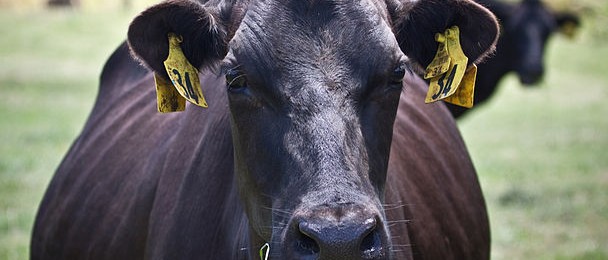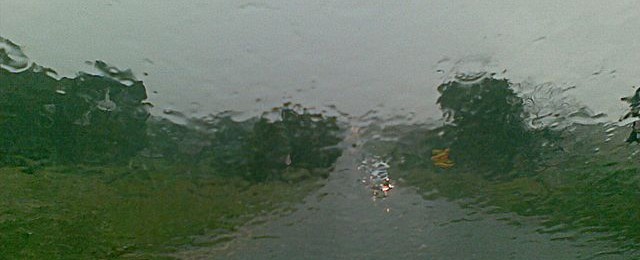-

The Animal Agriculture Climate Change blog has posted a new entry describing a presentation by Dr. Marty Matlock from the University of Arkansas in Munich recently. In the presentation Dr. Matlock discusses the need to feed the world in 2050 (not that far in the future!). He then added the requirement of sustainably achieving this…
Posted in: Climate and Ag in the news -

By now you’ve all noticed the holiday music on the radio, Christmas ads on TV, and colorful lights in your neighborhoods. That means it is time for the annual question, “What are our chances for a white Christmas this year?” Of course, Christmas Day is still almost two weeks away, beyond the skill of weather…
-

Brad Haire posted a story this week in the Southeast Farm Press on the 2014 pecan harvest. You can read the story at https://southeastfarmpress.com/orchard-crops/georgia-s-2014-pecans-smaller-nuts-bigger-price-growing-market The story highlights the impacts of the tough summer weather on the nuts, although it says the weather also helped. Low volumes were related to poor pollination conditions in the spring,…
Posted in: Crops -

The newest weather jargon that is showing up this week in the media is “Pineapple Express.” Even though there is a movie of this name from the past few years, the term has actually been around for a decade or more in meteorology. It refers to a phenomenon called an “atmospheric river”, which is a…
Posted in: Climate and Ag in the news -

The CoCoRaHS network (Community Collaborative Rain Hail and Snow Network) is a group of volunteer precipitation observers across the US (and a few in Canada) that take daily precipitation readings using a simple rain gauge and reporting online using a computer or smartphone app. I am a regional coordinator for this program, which has been…
-

Dairy farmers in New Zealand are facing serious consequences of water shortages that can be traced to the developing El Nino. These water shortages have led to tighter restrictions on water use and have also reduced the availability of cheap energy from hydroelectric dams due to restrictions on how much water can be released. The…
-

Several thousand years ago, Africa was considerably wetter than in recent years. This period, called the African Humid Period, lasted from roughly 14,000 to 5,000 years ago, was related to higher temperatures and more greenhouse gases, according to an article in Bloomberg Businessweek. Recent simulations of climate for that time period match the climate determined…
Posted in: Climate and Ag in the news